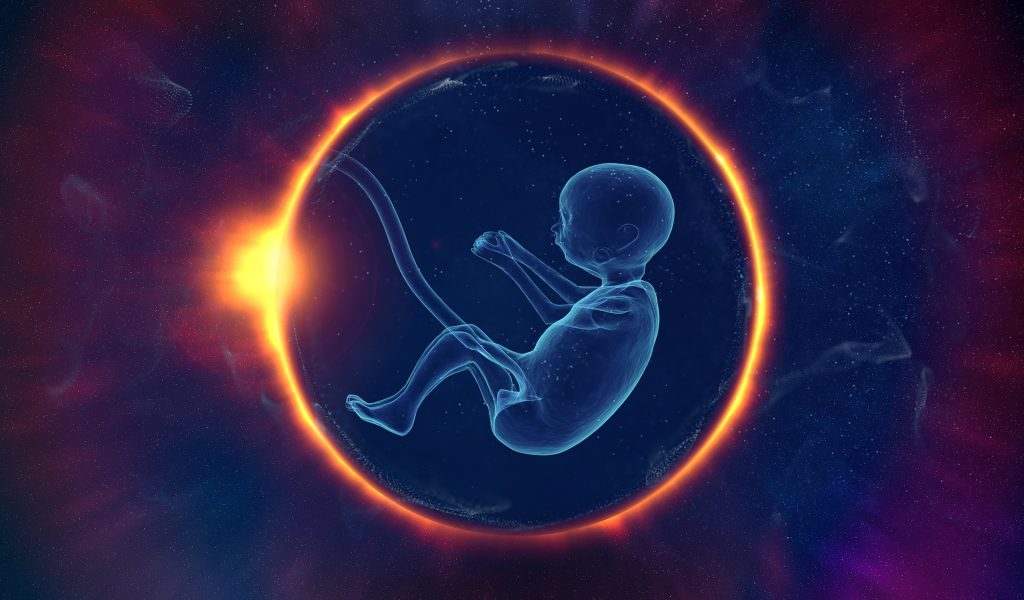Pollution found in the organs of foetuses

Rahul Anand discusses the recent findings that pollution has been found in the organs of developing babies and why this has scientists worried.
Record-breaking temperatures are not the only consequence of climate change. One other major impact is the reduction of air quality due to emissions from the fossil fuel industry. The European Environment Agency (EEA) recently published Europe’s Air Quality In 2022 Report. One of the major takeaways from this report is that, within the EU, 96 per cent of people in the human urban population are exposed to levels of particulate matter that are above the health guidelines set by the World Health Organisation. Moreover, in the UK an inquest found that the death of nine-year-old Ella Adoo-Kissi-Debra in 2013 was due to air pollution. She was the first person in the UK to have her cause of death listed as air pollution, with the coroner in this inquest (Philip Barlow) saying that there “is no safe level of particulate matter”.
Within the EU, 96 per cent of the human urban populations are exposed to levels of particulate matter that are above the health guidelines set by the World Health Organisation
The findings of a 2022 paper published in the journal Lancet Planetary Health further highlight the negative impacts that air pollution can have on pregnant women and foetuses. The results of this paper are highly significant, as it is the first study showing that carbon nanoparticles (i.e. soot) can get into the organs of foetuses in the womb. The scientific community agrees on the negative impacts air pollution can have during foetal development, early childhood, and maternal health. However, the fact that carbon nanoparticles have been found in foetal circulation systems around the first and second trimester is terrifying. This is because these are key time periods for organ development and the presence of pollutants could hinder/negatively alter this development. As further studies investigate this, we may not find out what the true consequences for another 15 years. Enough time needs to pass for the effects of these nanoparticles on children’s development to become visible.
The fact that carbon nanoparticles have been found in foetal circulation systems around the first and second trimester is terrifying
The question we need to ask ourselves is “what needs to be done now?”. Well, legislation on air quality control is essential to fight the dangers of air pollution. Pregnant women, for example, should be classed as a group vulnerable to air pollution. This is not enough, though, as there must be a massive overhaul in policymaking towards tackling air pollution and climate change.


